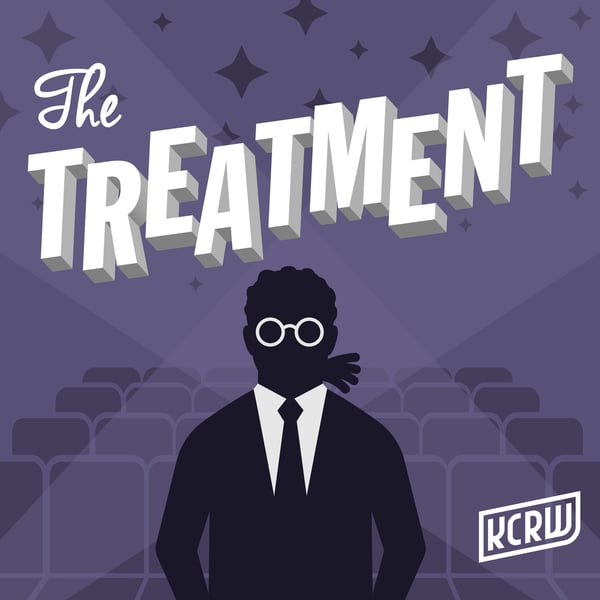Summary
Writer Gay Talese's fame as a journalist began with his fine profiles for Esquire and continued with non-fiction books such as Honor Thy Father and Thy Neighbor's Wife. With his new book, A Writer's Life, he turns his eye on himself.
Transcript
Click on a timestamp to play from that location
| 0:00.0 | From KCRW in Santa Monica, this is The Treatment. |
| 0:13.9 | Welcome to the Treatment. I'm Elvis Mitchell. I'm Phil to have as my guest, Gay Talese. We all know him, of course, from books such as thy neighbor's |
| 0:20.8 | wife and honor thy father. Amazing articles for Esquire. He started, of course, the New York Times. |
| 0:25.6 | His newest book is a writer's life, and the book goes from Calabria to Selma to the Upper East |
| 0:31.9 | Side to China and to every decade from the 40s until the 21st century. Mr. Talese, |
| 0:36.7 | it's a pleasure to have you here. |
| 0:37.8 | You captured that accurately. It is, in essence, the writer's wandering life, which is to say the imagination gone a little bit amok at times, afar, sometimes wayward, sometimes very direct. |
| 0:51.1 | I was born in the 1932, and I came of age in the 1940s, meaning I was aware of |
| 0:56.1 | World War II. I was 11, 12, 13. And after I graduated from high school, which was in |
| 1:01.4 | 1945, I went to the University of Alabama, at 49. I meant 49. Spent four years there. |
| 1:08.3 | The reason I went to Alabama is my grades in my town in New Jersey |
| 1:12.0 | were not very high. And my father was a tailor, and one of his customers was a doctor who |
| 1:17.0 | happened to be born in Alabama. So when I was unable to get into a college in New Jersey or New York |
| 1:22.0 | or Philadelphia area, the doctor said to my father, why don't you send him in Alabama? |
| 1:26.9 | It was primarily known as a football college, though. |
| 1:29.2 | There were some years when it wasn't even a good football college, |
| 1:32.1 | as, for example, when I went there in the 1949 and 53 period. |
| 1:36.3 | But I spent four years there, and then I came to New York and got a job as a copyboy in the New York Times, |
| 1:41.0 | and later on I went down to Selma and to Birmingham and Tuscaloosa to |
| 1:45.5 | write about the civil rights movement. This was in 1964, 65. And I was one of the many reporters |
| 1:53.3 | who was in Selma in March 7 of 1965, an incident which would be called Bloody Sunday, |
| 1:59.5 | which is when the civil rights marchers left this old plantation town called Selma and tried to make its way to Montgomery, the state capital, to prompt or provoke Congress into passing what would be called the voting rights bill. |
... |
Please login to see the full transcript.
Disclaimer: The podcast and artwork embedded on this page are from KCRW, and are the property of its owner and not affiliated with or endorsed by Tapesearch.
Generated transcripts are the property of KCRW and are distributed freely under the Fair Use doctrine. Transcripts generated by Tapesearch are not guaranteed to be accurate.
Copyright © Tapesearch 2025.

